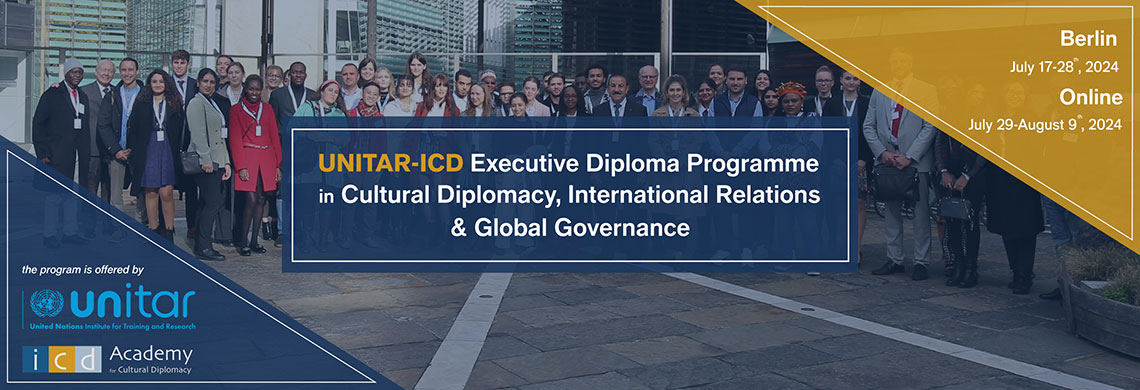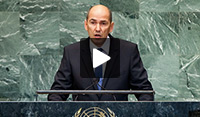The Reykjavík Congress on Human Rights 2013
“Human Rights Protection & International Law: The Multifaceted Dilemma of Restraining and Promoting International Interventions”

Introduction
 The international community acknowledges the increasing and persistent cases of mass atrocities and crimes against humanity occurring on a vast scale.
The international community acknowledges the increasing and persistent cases of mass atrocities and crimes against humanity occurring on a vast scale. Understanding the complexity in bringing these crimes to an end, the Reykjavík Congress on Human Rights aims to argue and debate the notion of the responsibility to protect from a human rights perspective, taking into account the divergent dimensions in restraining or promoting international intervention.
Through the discussions and exchange of this congress we aim to consider the current most vehement cases of human rights violations, and further comprehend the varied issues and approaches to these mass atrocities and crimes against humanity from a theoretical perspective, analyzing the complex layers and structures, and taking into account the ethical dilemma surrounding the responsibility to protect and international intervention.
The 2013 Congress will create and publish a discussion document that will be presented to the international community on how to overcome the dilemma of restraining and promoting all forms of International Interventions based on coordinated global coalition efforts between governments, NGOs and International Institutions.

Congress Locations
Based primarily in the ministry of interior in Reykjavík, the congress, will be hosted at a number of important political, historic, and cultural locations across the city.Congress Speakers
Speakers during the congress will include leading figures and experts from international law politics, economics, academia, diplomacy, and civil society. The speakers will also include a number of individuals from the ICD Advisory Board (for further information about the Advisory Board please click here).Speakers for the Conference include:
 President Ólafur Ragnar Grímsson President Ólafur Ragnar GrímssonPresident of Iceland (more) |
President of the ICD Human Rights Program; Former Primeminister of Slovenia (more) |
Former Foreign Minister of Italy (more) |
 The Hon. John Leslie Prescott, Lord Prescott The Hon. John Leslie Prescott, Lord PrescottFormer Deputy Prime Minister of the United Kingdom (more) |
Minister of Foreign Affairs of Estonia (more) |
Member of the European Parliament; Former Minister of Foreign Affairs of Hungary (more) |
ICD Advisory Board Member; Minister of the Interior of Iceland (more) |
President of the Supreme court of Montenegro (more) |
Congress Participants »
Participation in the congress is open to governmental & diplomatic officials, academics & scholars, judges and lawyers, economists, journalists, artists, civil society practitioners, private sector representatives, young professionals and students as well as other interested individuals from across the world.If you would like to reserve a position and participate in the congress, please click on the "Apply Now" link below and fill out the online application form:
Congress Agenda
The Congress will focus on the following Issues: Humanitarian Crisis - This section of the conference will serve as an introduction to current and most pressing cases of crimes against humanity, considering the role of race and ethnicity throughout. The examples covered will include a focus on escalated mass atrocities during wartime such as in contemporary Mali, the ongoing and systematic violence in Darfur, an analysis of gender based violence as a form of genocide and finally the international focal point for crimes against humanity such as in Syria.
Humanitarian Crisis - This section of the conference will serve as an introduction to current and most pressing cases of crimes against humanity, considering the role of race and ethnicity throughout. The examples covered will include a focus on escalated mass atrocities during wartime such as in contemporary Mali, the ongoing and systematic violence in Darfur, an analysis of gender based violence as a form of genocide and finally the international focal point for crimes against humanity such as in Syria. The UN Genocide Convention & R2P - Following the in-depth discourse on current cases of human rights crisis areas, this section of the conference will focus on the ethical dilemma of foreign interventions. The conference aims to achieve an outline of innovative solutions for how to overcome the dilemma of foreign intervention based on coordinated global coalition efforts between governments, NGOs and International Institutions.
The UN Genocide Convention & R2P - Following the in-depth discourse on current cases of human rights crisis areas, this section of the conference will focus on the ethical dilemma of foreign interventions. The conference aims to achieve an outline of innovative solutions for how to overcome the dilemma of foreign intervention based on coordinated global coalition efforts between governments, NGOs and International Institutions.




























































